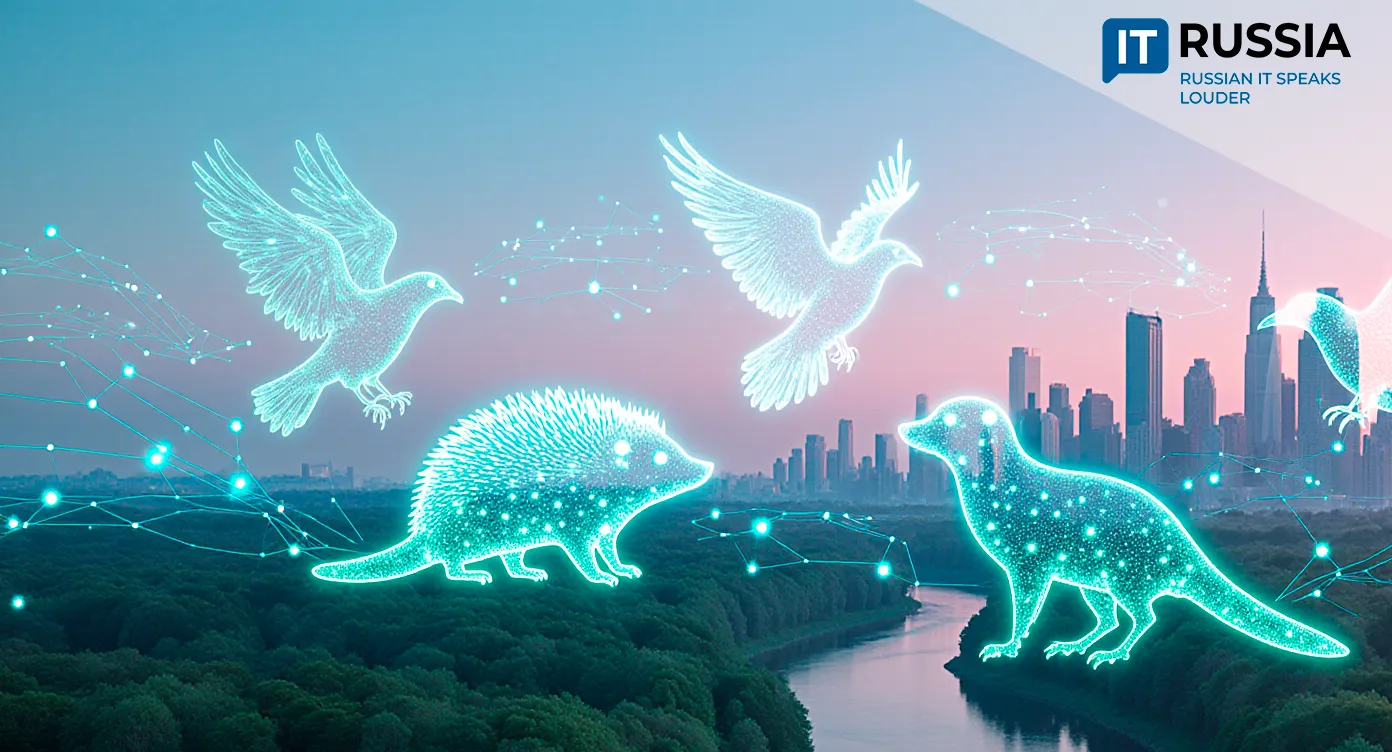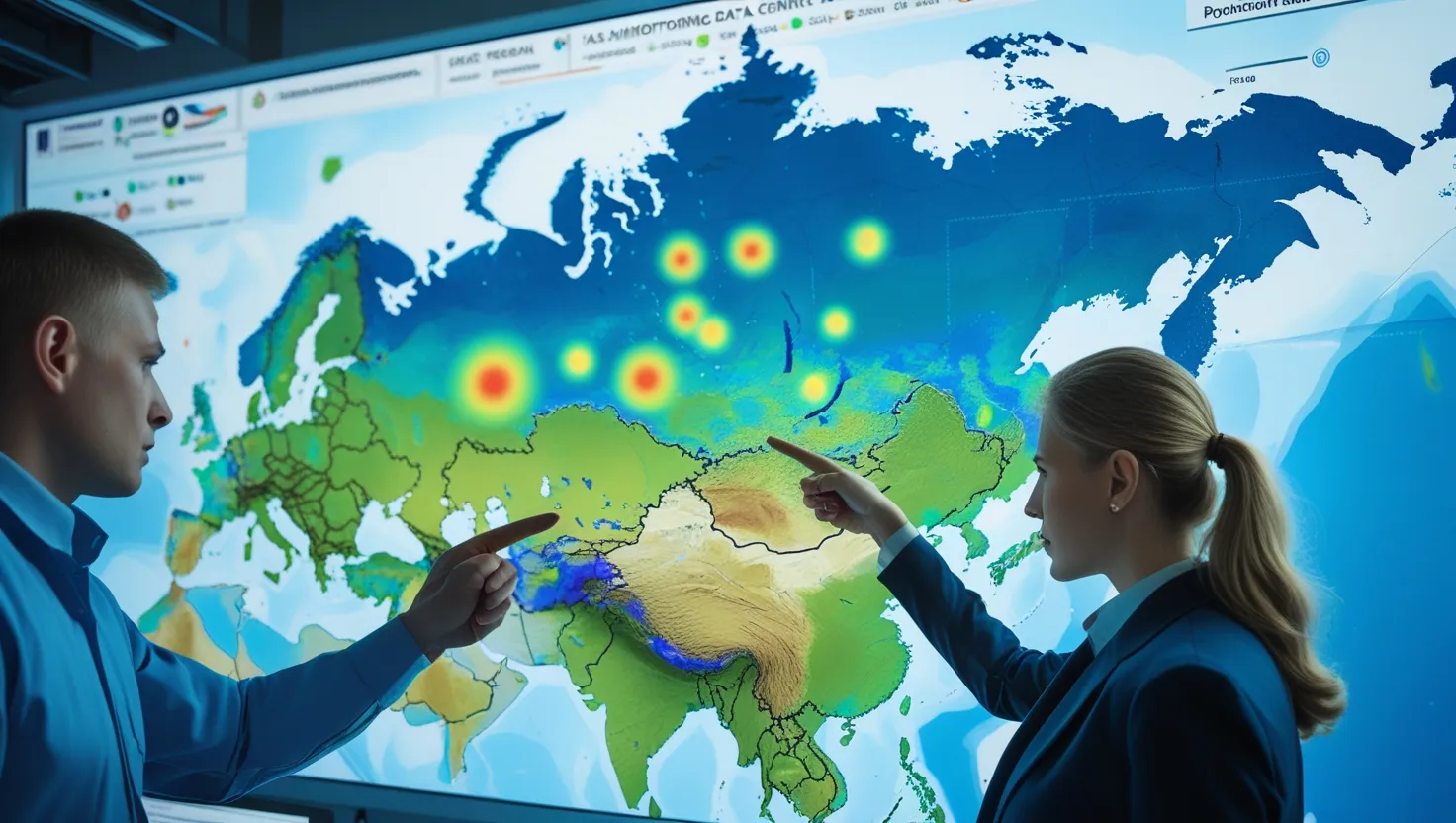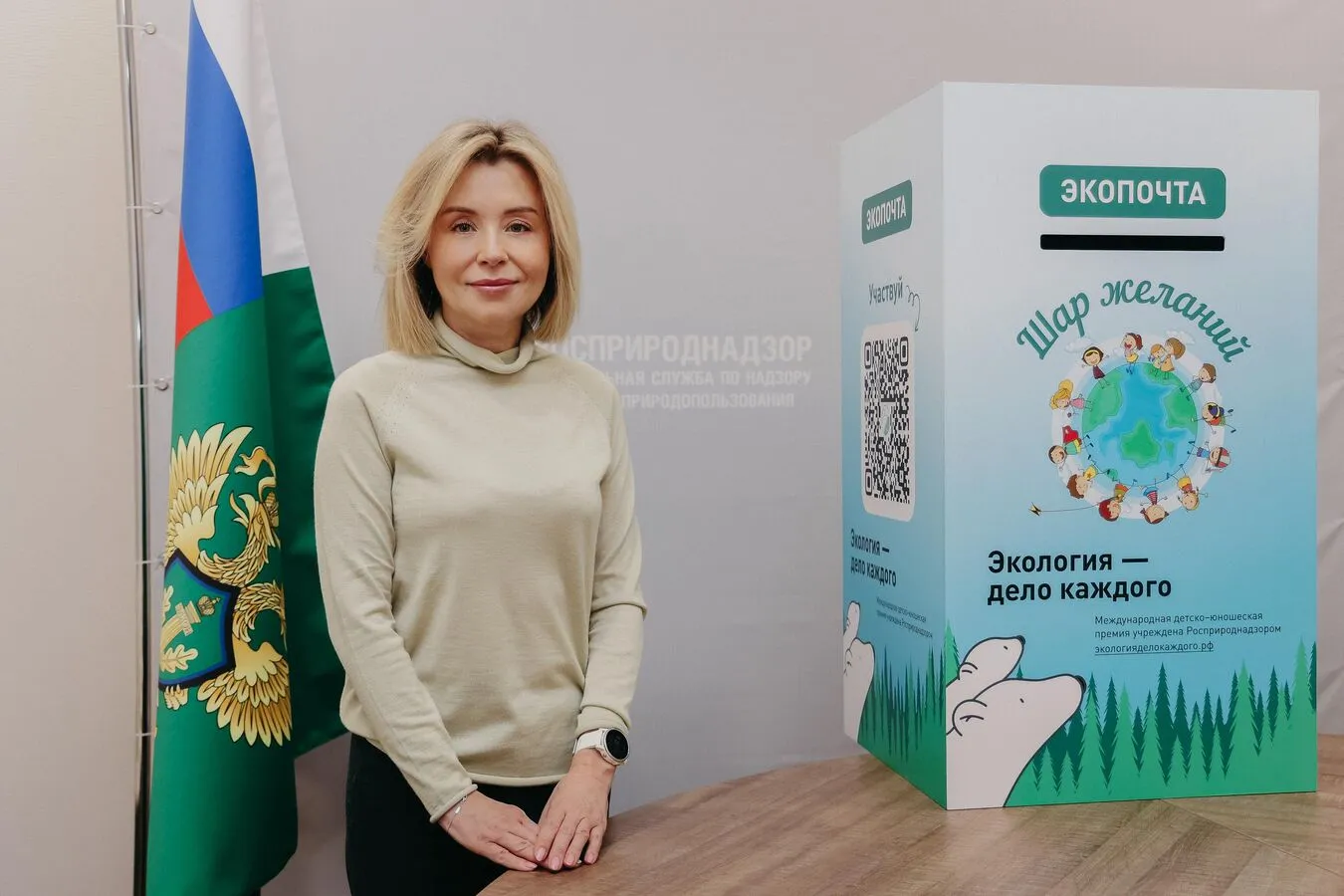Ecology in the Paws of Digital Beasts: Russia’s AI Assistants Are Redefining Environmental Protection
Russia’s Federal Service for Supervision of Natural Resources (Rosprirodnadzor) is entering a new era of environmental governance. The agency has introduced a team of AI-powered virtual assistants — nicknamed Hedgehog, Raven, Otter, and Dove — to help automate oversight, improve efficiency, and strengthen environmental protection across the country.

Automation for a Cleaner Future
Behind the animal names are real algorithms designed to streamline routine tasks — from document checks and analytics to reporting and communication. Together, these systems are transforming how Russia manages environmental monitoring and resource protection.
Each AI assistant plays a specific role: Hedgehog verifies data for waste disposal sites to identify inconsistencies, Otter supports the federal project 'General Cleanup,' Dove prepares official responses in the electronic document system, reducing staff workload by up to 40 percent, and Raven performs complex analytical queries in just 15 seconds — a process that used to take a full day.

Beyond efficiency, these tools deliver tangible environmental benefits. They accelerate responses to pollution alerts, reduce administrative burdens for businesses, and minimize human error in handling massive datasets. In practice, this means faster identification of violations, quicker decision-making for eco-critical sites, and more transparent interaction between regulators and industry.
AI for Data, Documents, and the Planet
In 2023 alone, Rosprirodnadzor received over 8,200 citizen reports — more than half concerning pollution. Artificial intelligence has already become an invaluable partner in processing this flow of data. The agency also uses AI to improve the collection of environmental fees: revenue has tripled, reaching 19.77 billion rubles, far exceeding the annual target.
The next step is even more ambitious. The agency plans to deploy AI for direct environmental control — identifying odor sources, predicting pollutant dispersion, and creating impact maps. This means that in the near future, Raven could not only analyze reports but also process satellite imagery and sensor data to detect illegal dumps or wastewater discharges in near real time.
Integration with geospatial monitoring systems (GIS), sensor networks, and satellites marks the beginning of a new era of transparency in environmental governance. If successful, these tools could be scaled to regional levels, forming a unified ecosystem for managing forests, water, and waste. Such solutions, refined in Russia’s diverse environmental landscape, also have potential export value for countries facing similar ecological challenges.

Artificial Intelligence as an Ecological Ally
AI has already proven its worth in wildfire detection, air quality monitoring, and waste management. Rosprirodnadzor’s adoption of intelligent assistants marks a shift toward more proactive, data-driven environmental protection. Future generations of these 'digital beasts' will not only automate documentation but also forecast pollution risks and simulate emergency response scenarios.
These technologies highlight a broader trend: artificial intelligence is no longer just a computational tool — it’s becoming a strategic partner in preserving ecosystems. The digital transformation of environmental protection promises cleaner data, faster decisions, and, ultimately, a healthier planet.











































